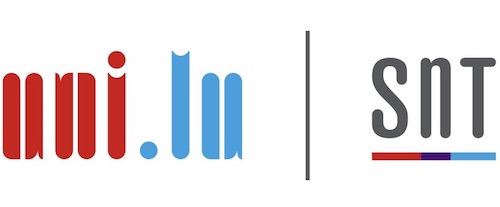Service security and privacy as a socio-technical problem
Interdisciplinary Research Group in Socio-technical CybersecurityService security and privacy as a socio-technical problemBella Giampaolo, Curzon Paul, Lenzini GabrieleAbstract:The security and privacy of the data that users transmit, more or less deliberately, to modern services is an open problem. It is not solely limited to the actual Internet traversal, a sub-problem vastly tackled by consolidated research … Continued
